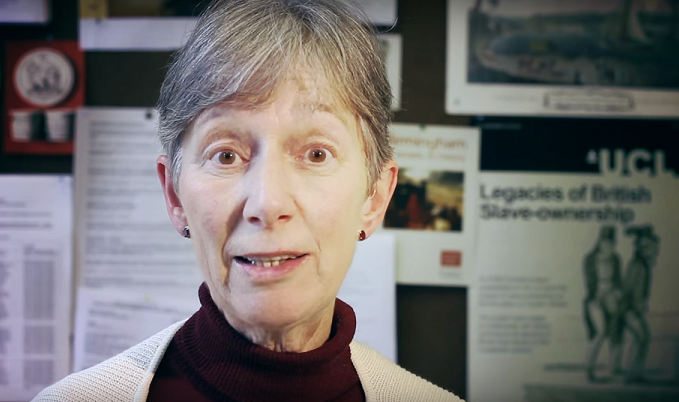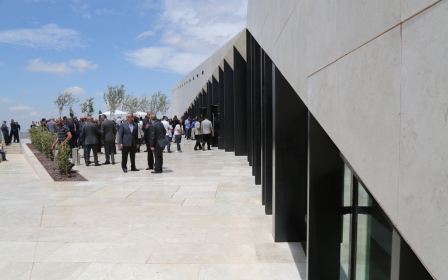British academic rejects prominent Israeli prize worth over $320,000

A British historian has reportedly forgone an Israeli academic prize worth £225,000 ($329,000) after "many discussions" with people involved in the Israeli-Palestinian conflict.
Professor Catherine Hall, a cultural historian and colonialism specialist at University College London, told the British Committees for the University of Palestine (BRICUP), an organisation of UK academics, that she had decided to reject the Dan David Foundation prize based on “an independent political choice”.
“I have withdrawn from the prize,” she was quoted as saying in a short statement on BRICUP’s website. “This was an independent political choice, undertaken after many discussions with those who are deeply involved with the politics of Israel-Palestine, but with differing views as to how best to act.”
The prize, named after a late businessman and philanthropist and launched in 2002, is given annually for scientific, technological, cultural and social achievements.
Named as one of the nine winners of the award in February, Hall would have been presented with the prize on Sunday night during a ceremony at Tel Aviv University.
Her share of the prize money will reportedly go towards scholarships at the university.
BRICUP said on its website that it had hoped Hall’s statement would be “more supportive" of BRICUP and the Palestinian Campaign for the Academic and Cultural Boycott of Israel, but said it was “delighted that such a high-profile breach of the academic boycott will not be taking place”.
Hall's research focuses on "rethinking the relation between Britain and its empire in the nineteenth and twentieth centuries," according to UCL.
In 2013, Hall and a team at UCL released a searchable database which she said was a way of "putting slavery back into the centre of British history".
Middle East Eye propose une couverture et une analyse indépendantes et incomparables du Moyen-Orient, de l’Afrique du Nord et d’autres régions du monde. Pour en savoir plus sur la reprise de ce contenu et les frais qui s’appliquent, veuillez remplir ce formulaire [en anglais]. Pour en savoir plus sur MEE, cliquez ici [en anglais].




